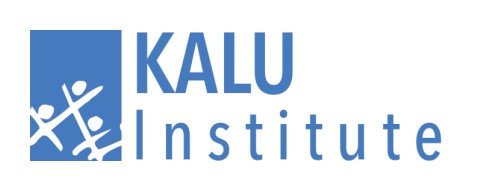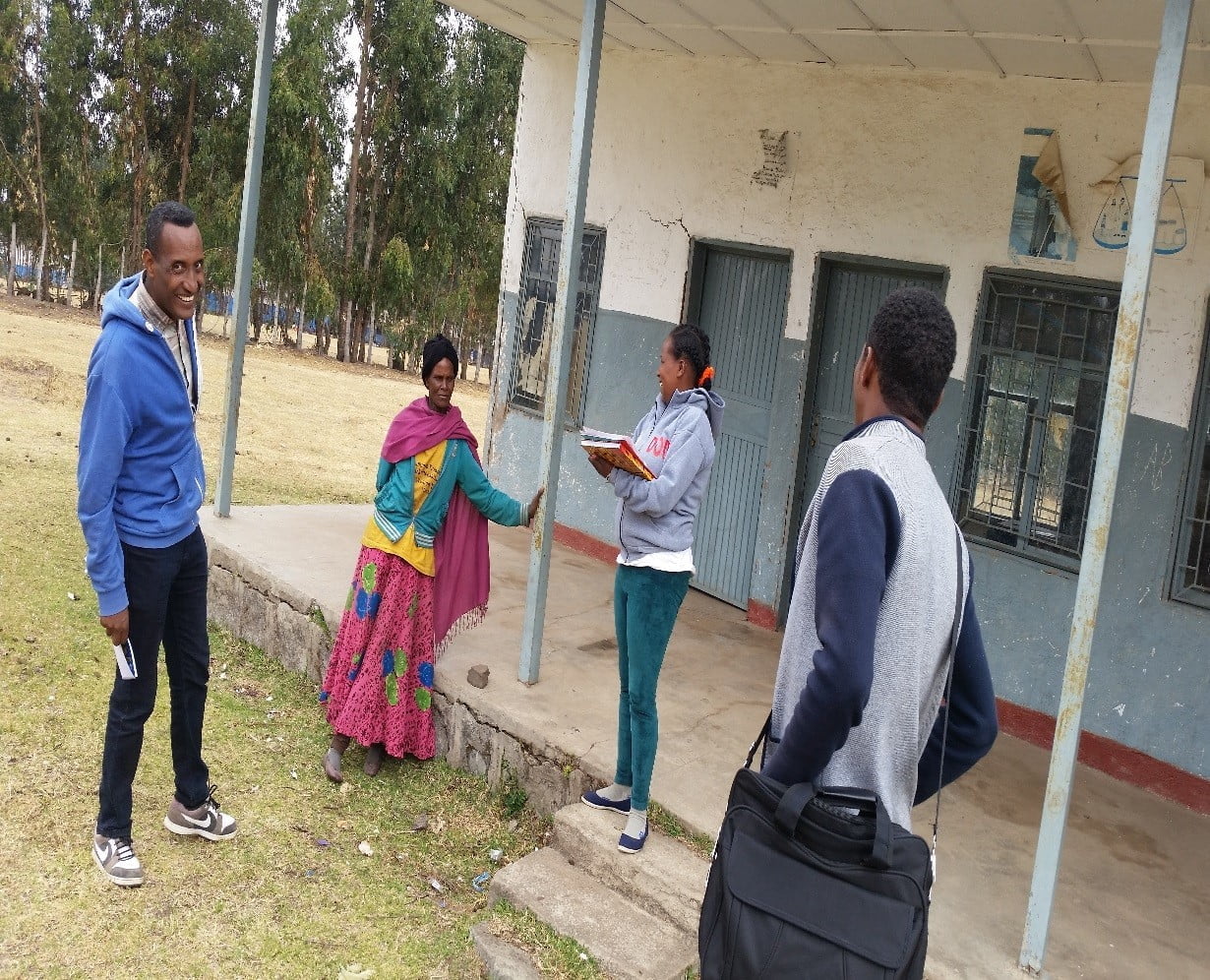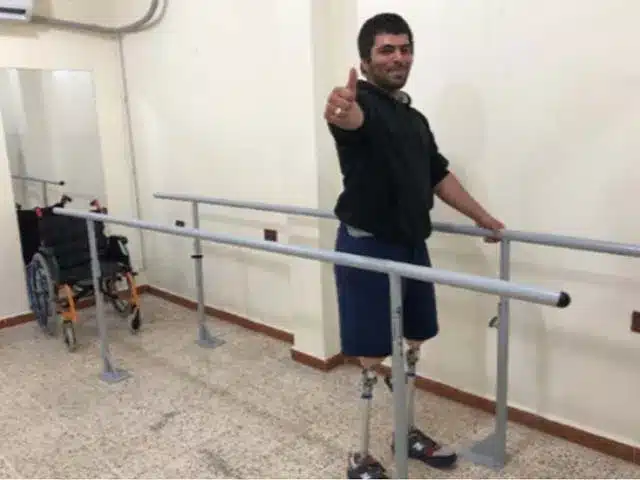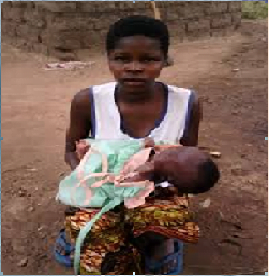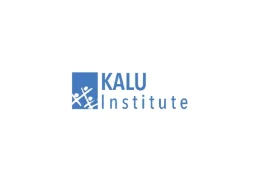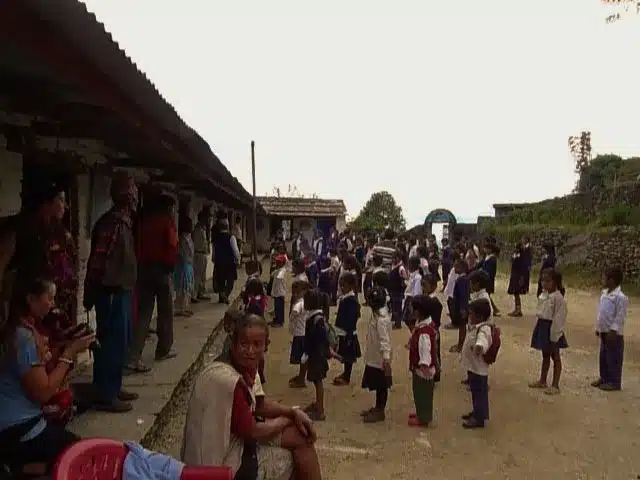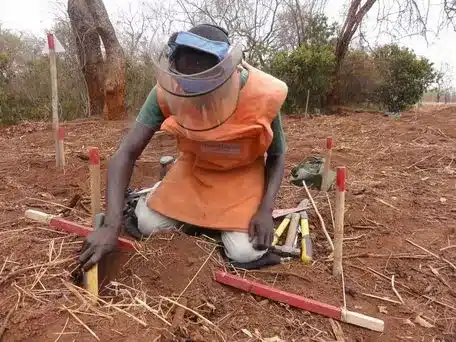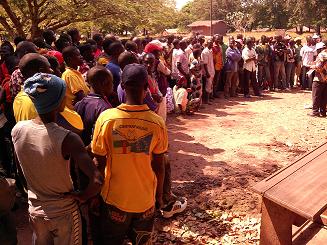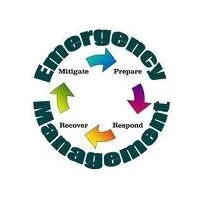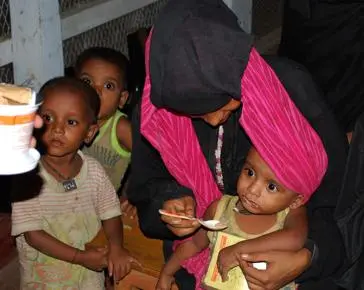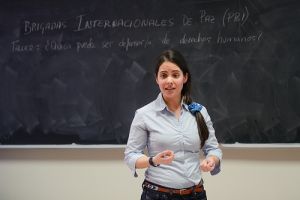Microfinance is about much more than access to money. It is about women gaining control over the means to make a living. It is about women lifting themselves out of poverty and vulnerability. It is about women achieving economic and political empowerment within their homes, their villages, their countries (Mayoux, 2002:2). Ngulube interrogates the veracity, validity and universal applicability of the foregoing assertion and several other similar ones with specific reference to the work of World Vision Zambia. He explores theoretical frameworks that underpin women’s economic empowerment programs. In addition, he gives a balanced treatise of both supporters of aid and its overt critics and examines leading authors on empowerment.
Ngulube’s (2012) field study on Aid and Women’s Economic Empowerment in Zambia is based on one hundred (100) women located in three (3) districts of Zambia, namely, Chongwe (Lusaka Province), Nyimba and Chipata (both of Eastern Province). These 100 women were members of Savings Groups that were initiated with the support of World Vision Zambia.
The paper scrutinizes the catalytic role of World Vision’s aid for women’s economic empowerment in Zambia; ascertains the various factors behind the recorded impact and explores several elements and programmatic strategies that can further enhance aid effectiveness in women’s lives.
Moses Ngulube, 2012
